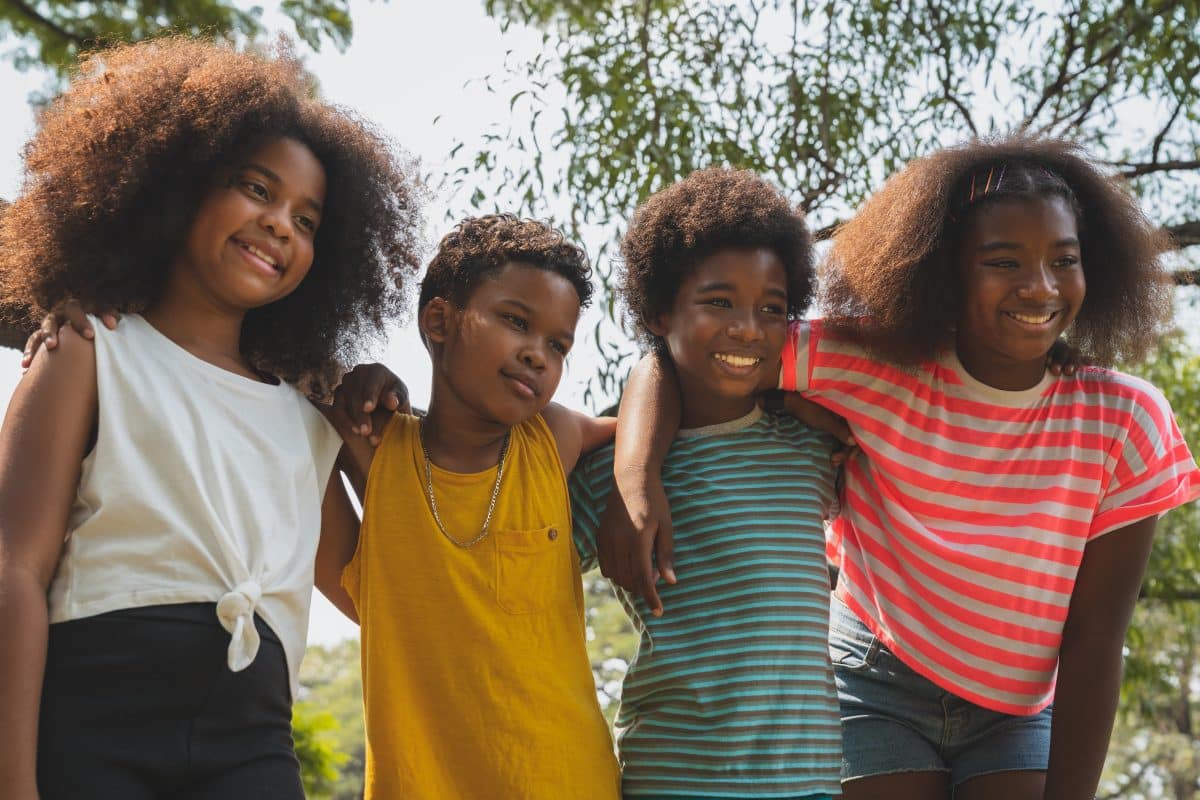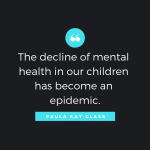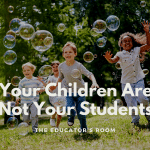Overview:
To honor the complexity of Black children's experiences, we must create inclusive and equitable spaces in education and mental health.
In the realm of education and mental health, discussions surrounding the well-being of Black and Brown students often revolve around trauma and social-emotional learning. While addressing mental health needs in schools is undeniably important, it’s crucial to recognize that Black children are not a monolith defined solely by their struggles. A troubling trend persists—a tendency to perceive all Black children as victims of trauma, perpetuating harmful stereotypes and overlooking the diverse range of experiences within these communities. This narrow perspective can be limiting and detrimental, failing to acknowledge the full spectrum of Black children’s lives, which often includes joy, stability, and support.
Challenging the Trauma-Centric Lens
The common narrative that associates trauma exclusively with the Black child experience needs reevaluation. Many educators and mental health professionals naturally operate from a trauma-informed lens, which, while helpful for some students, does not speak to every child’s experience. Black children can and do grow up in two-parent, healthy, and happy households, and their experiences should be recognized and respected in their full complexity.
I recall meeting a bright and expressive young girl referred to me for counseling at school due to her outspoken nature and occasional rudeness towards classmates. Some colleagues assumed her behavior stemmed from a background of trauma and hardship. This assumption, though well-meaning, reflected a broader issue: the inclination to view Black children primarily through the lens of trauma. This girl, however, revealed a different truth. She grew up in a household where self-expression was not only encouraged but celebrated. She was raised by loving parents who embraced her for who she was, so she never felt the need to suppress her emotions or hold back her personality. Her “bluntness” was not a product of trauma but rather a reflection of her upbringing—an upbringing rooted in acceptance and authenticity.
The Diversity of Black Children’s Experiences
Her story serves as a powerful reminder that Black children are more than the sum of their struggles. They can come from stable, supportive households where they are nurtured and cherished. It’s essential to recognize and celebrate the diversity of experiences within Black communities. While it’s true that many Black children face significant challenges, it’s equally true that many experience environments filled with love, support, and encouragement.
This narrative extends beyond one young girl’s story. It’s a call to action to strip ourselves of preconceived notions and biases when working with Black children, especially those living in underserved communities. Rather than viewing them through a lens of deficit, let’s embrace a strengths-based approach that honors their resilience, creativity, and cultural heritage.
The Role of Cultural Competency
Moreover, it’s imperative for educators and mental health professionals to undergo cultural competency training to better understand and support the unique needs of Black students. This includes recognizing the impact of systemic racism and oppression on mental health, while also celebrating the strengths and assets present within these communities. Cultural competency involves an ongoing process of learning, unlearning, self-reflection, and adaptation, ensuring that our approaches are inclusive and respectful of the diverse experiences of Black children.
Empowering Narratives for Black Children
As we navigate the intersection of mental health and education, we must amplify the voices of Black children and empower them to define their own narratives. Creating spaces where they feel seen, heard, and valued for who they are—not just as survivors of trauma, but as multifaceted individuals with limitless potential—is crucial. This empowerment can foster a sense of agency and self-worth, enabling Black children to thrive in all aspects of their lives.
Moving Beyond Trauma
The importance of moving beyond a trauma-centric narrative cannot be overstated. While it is vital to provide support for those who have experienced trauma, it is equally important to acknowledge and celebrate those who have not. Black children should be recognized for their strengths, achievements, and potential, rather than being solely defined by their challenges. By shifting our focus, we can create a more balanced and accurate portrayal of Black children’s experiences.
Creating Inclusive and Equitable Spaces
To truly honor the complexity of Black children’s experiences, we must create inclusive and equitable spaces in education and mental health. This involves listening to and valuing their stories, addressing systemic barriers, and promoting practices that support their well-being. It’s about recognizing that Black children, like all children, have diverse needs and experiences that require nuanced and individualized approaches.
In conclusion, let’s move beyond the narrow narrative of trauma and embrace the complexity of Black children’s experiences. By doing so, we not only honor their humanity but also pave the way for a more inclusive and equitable future in education and mental health. Recognizing the full spectrum of Black children’s lives allows us to better support their growth, development, and success, ensuring that all children have the opportunity to thrive.

Clementina Jose is a dedicated social work supervisor overseeing several programs within a nonprofit organization, orchestrating transformative change in education. With a focus on sustainable SEL professional development, she provides vital clinical support to students, teachers, and assistant teachers across several schools. Committed to amplifying culturally-informed mental health care for marginalized youth, Clementina is driven by a passion for leading impactful change and creating a brighter future for all.





